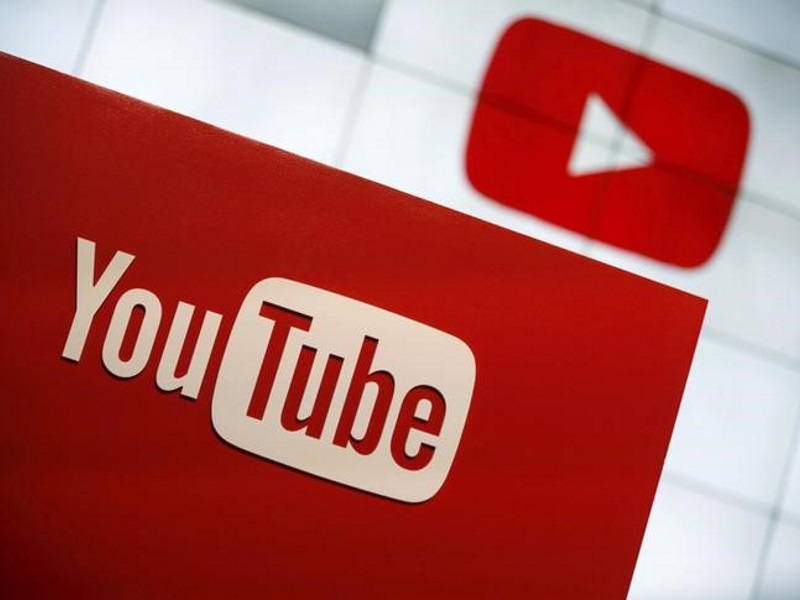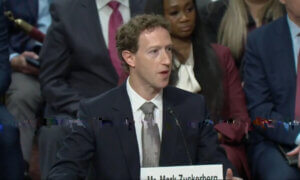Australia has officially passed a bill that punishes social networks and other similar services for not removing violent content from their platforms.
Australian politicians have drafted and just signed the Sharing of Abhorrent Violent Material bill and, under the new law, content platforms have to pull down any audio or video streams or recordings that depict, as stated, ‘abhorrent violent conduct’.
In addition to that, the platforms are now obligated by law to pass down the illegal materials and all the information that comes with it, to the authorities.
If the content is not removed in time, the companies will have to pay fines that add up to around 10% of their annual profit or the new law could send the individuals who run the hosting services to prison, for up to three years.
“There are platforms such as YouTube, Twitter and Facebook who do not seem to take their responsibility to not show the most abhorrently violent material seriously”
Christian Porter, Attorney General
Adverse reactions to the bill were quick to appear: media companies warn that this might mean free speech might be censored and that the bill had been written and pushed in a rush, without proper input from actual industry experts.
Scott Farquhar, Australian billionaire, co-founder and co-CEO of the software company Atlassian, took to Twitter to comment that the bill lacks detailed information about what qualifies for a conviction or a fine, including what timeframe is acceptable for ‘taking down the violent material expeditiously’ and ‘who’ would be liable within a company for not pulling down the said material in time.
Australia’s swiftly applied legislation comes less than a month after a gunman, who is largely believed to be an Australian white nationalist, used Facebook to live-stream a massacre which took place at two mosques in Christchurch, New Zealand.
“This law, which was conceived and passed in five days without any meaningful consultation, does nothing to address hate speech, which was the fundamental motivation for the tragic Christchurch terrorist attacks…” Sunita Bose, Managing Director of Digital Industry Group said that “with the vast volumes of content uploaded to the internet every second, this is a highly complex problem that requires discussion with the technology industry, legal experts, the media and civil society to get the solution right — that didn’t happen this week.”
While the bill does include defences for journalism of public interest, chief executive of the Media Entertaining and Arts Alliance, Paul Murphy, expressed his concerns about it regardless stating that “the legislation is being rushed in such a complex area without proper consideration to ensure it does not impinge on media freedom”.
Follow TechTheLead on Google News to get the news first.

























